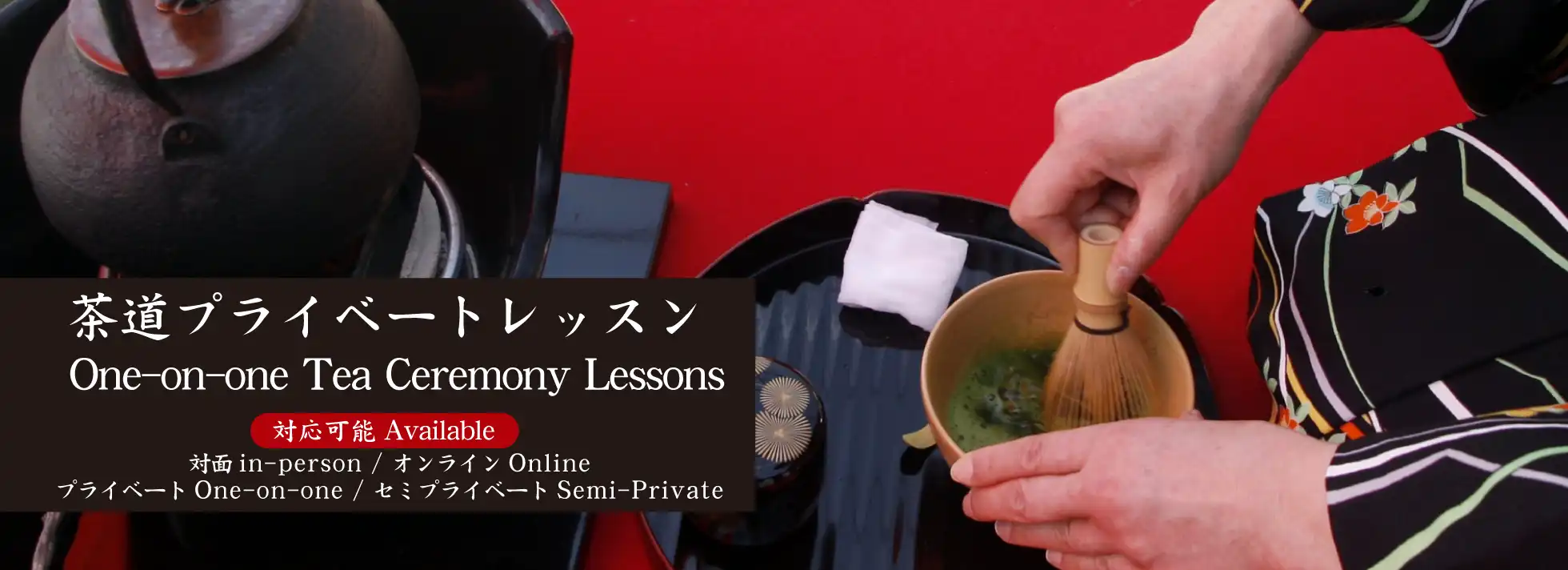
Matcha and green tea are getting popular in all over the world.
Do you know how to make tea and how to drink tea correctly?
The Kudan Institute now provides One-on-one Online Tea Ceremony lessons via Zoom.
You can learn basic knowledge of Japanese tea ceremony and intended to be able to make an excellent tea “Matcha”.
Lessons will be conducted in real time and it's one-on-one lessons so that you can learn about Japanese tea ceremony from anywhere in the world and arrange your lessons which suits your request.
If you get in touch “The way of Tea”, you could know comprehensive art of Japan and it would be sure to expand your view of the world.
1.Contact us via the form below
2.Consultation (Checking schedule and contents of lessons)
※Please note that depending on things like your requested lesson schedule or the contents of the lesson you want, there may be some situations where we cannot arrange the lessons with the teacher.
3.Verification of your internet connection quality
4.Submission of application
5. Issuing an invoice
※In case if you need to get some tea ceremony supplies or utensils, we can include the fee for both supplies/utensils and the applicable shipping fee and send it to you. (There might be a case which we cannot send it to you due to the situation of COVID-19.)
6.Payment
Arrangement fee 10,000yen
|
Online |
In person |
||
|
Tuition(1h/60min) |
Tuition (8 lessons) |
Tuition(1h/60min) |
Tuition (8 lessons) |
In Japanese |
5,000 yen/1h |
40,000 yen |
6,000 yen/1h |
48,000 yen |
In English or Italian |
6,000 yen/1h |
48,000 yen |
8,000 yen/1h |
64,000 yen |
※The above prices are subject to a 10% consumption tax.
※Since it is difficult to teach the tea procedure which use charcoal via online, so we can provide online students with the basic tea procedure of usucha and koicha. However, if you don’t have required tea utensils for the certain lessons, it might be not possible to provide you with the lesson you want to learn.
(an example. It is possible to arrange the contents)
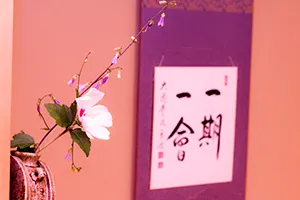
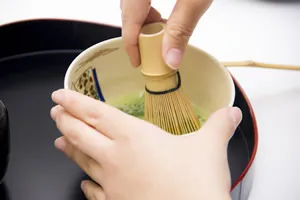
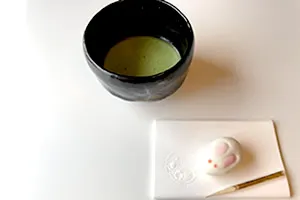
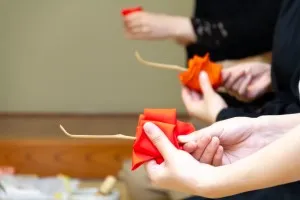
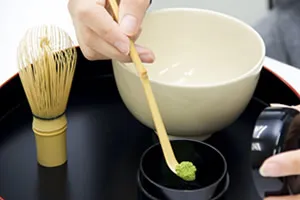
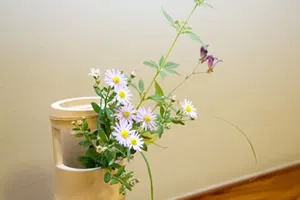
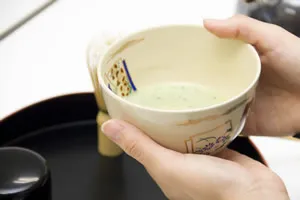
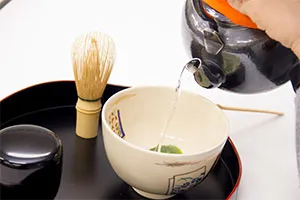
*Please note that the contents of the lecture will be subjected to change.
The Kudan Institute of Japanese Language and Culture has three tea ceremony instructors on staff. Depending on your preferred lesson style, language, and schedule, we will introduce you to the most suitable instructor.
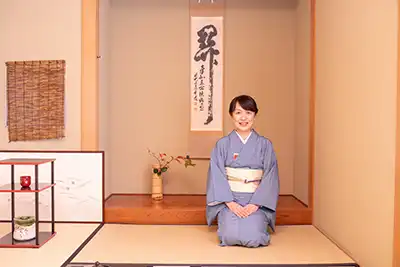
Ms. Takahashi has studied the art of tea ceremony for over 15 years under the guidance of Ms. Aoyama of the Hakukei-kai school. In addition to hosting tea gatherings within her tea group, she has served as the host for numerous formal tea ceremonies welcoming a wide range of guests, demonstrating his extensive practical experience.
She currently teaches at the Kudan Institute of Japanese Language and Culture, where she leads tea ceremony experience classes for international students, the [Short-Term Tea Ceremony Course – Friday Afternoon Class], as well as in-person semi-private lessons and online on-on-one tea ceremony lessons.
Known for her gentle demeanor and calm teaching style, Ms. Takahashi provides clear and thoughtful instruction, making her especially well-suited for beginners. Her lessons are ideal for those who feel that tea ceremony might be intimidating or who wish to start casually.
She is also available for lessons in the morning and daytime, allowing for flexible scheduling to suit students’ needs.
As she can conduct lessons in English, her classes are highly recommended for non-Japanese speakers as well.
Languages available: Japanese / English
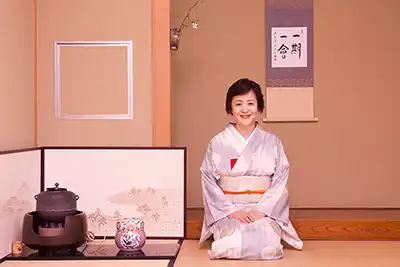
Ms. Nakajima has long served as an instructor for formal tea ceremony classes at public elementary schools. After teaching at the “Urasenke Tea Ceremony Class for Beginners,” she established her own tea school using the tea room at the Kudan Tea Ceremony Classroom, where she currently holds lessons three times a month.
She actively participates in a wide range of tea-related activities, including events with the Urasenke Youth Division and tea ceremony classes held at kimono shops.
At present, Ms. Nakajima teaches tea ceremony experience classes for international students at the Kudan Institute of Japanese Language and Culture. Since 2017, ahe has also been in charge of the [Short-Term Tea Ceremony Course – Thursday Evening Class], long-term courses, and private in-person lessons.
With extensive experience teaching beginners—both Japanese and international students—Ms. Nakajima provides a welcoming and accessible environment for those new to tea ceremony.
She is approachable, highly knowledgeable, and offers clear, thoughtful instruction suitable for learners at all levels, from novice to advanced.
Her lessons are also recommended for those who have had some prior experience and wish to restart their tea journey.
Languages available: Japanese
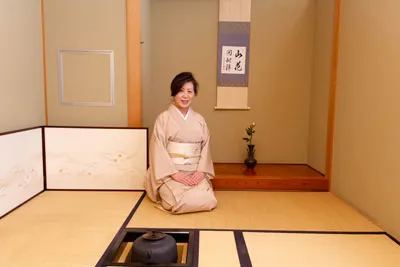
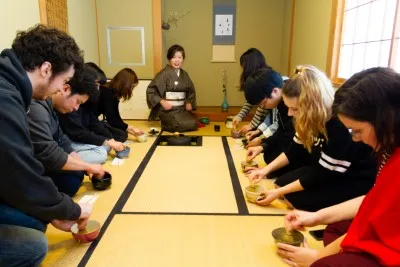
With over 58 years of experience in the practice of tea ceremony, Ms. Sato teaches international students at the Kudan Institute of Japanese Language and Culture using English. She also regularly provides instruction to Japanese students and currently leads tea ceremony experience classes for international learners, online tea ceremony lessons in English, and in-person sessions at the Kudan Institute of Japanese Language and Culture. In addition, she serves as a lecturer for external workshops upon request from companies.
After working as an international flight attendant for Japan Airlines, Ms. Sato joined the EU-Japan Centre for Industrial Cooperation, a joint initiative operated by the governments of Japan and the European Union. There, she contributed to projects promoting economic relations between Japan and the EU, serving as the Chief Secretariat Officer for international conferences and as the Programme Manager for internship programs targeting university students from both regions. While working in these roles, she privately organized tea gatherings for over 500 guests, including VIPs, business professionals, and students from abroad. In recent years, she has actively conducted tea ceremony workshops in Jakarta and Bali, Indonesia, welcoming over 100 participants and expanding her international outreach. Ms. Sato is fluent in Japanese, English, and Italian. Her multilingual ability allows non-Japanese speakers to comfortably ask questions and participate in lessons in English or Italian. With extensive experience in corporate and overseas tea ceremony workshops, she also offers on-site lectures and demonstrations in English.
Languages available: Japanese / English / Italian
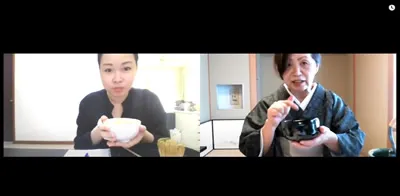
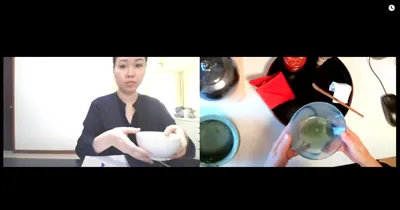
It is very important for us to pay attention to Sensei and Sensei is very humble, willing to answer every question if we have, so we must ask Sensei if you not clear with something.
After this course, now I know Chado is not just making a cup of green tea that simple, I’m glad I did attend this course, highly recommend for those who are interested. Teacher is friendly and well experienced.
| Name of utensils | English | Photo |
|---|---|---|
| 茶碗(ちゃわん) Chawan |
Tea bowl or Café au laitbowl | 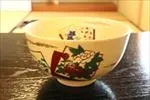 |
| 茶筅(ちゃせん) Chasen |
Tea whisk | 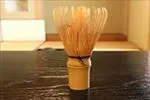 |
| 抹茶(まっちゃ) Matcha |
Powdered green tea | 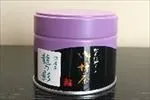 |
| 帛紗(ふくさ) Fukusa |
Silk cloth | 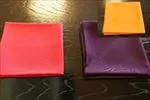 |
| *Red/Orange color: for female Purple color: for male(This rules are for Urasenke Tea Ceremony, there are other colors. You can use one you like.) *There is a size. The fukusa in the photo is 8号.(8号 is a level of thickness) *The orange one is not silk. This can be red orpurple color. This is cheaper. |
||
| 茶杓(ちゃしゃく) Chashaku |
Tea scoop |  |
| 茶巾(ちゃきん) Chakin |
linen cloth | 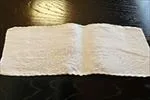 |
| 棗(なつめ) Natsume |
a plastic container forpowdered thin tea | 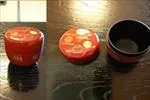 |
| 山道盆(やまみちぼん) /Yamamichi-bon |
a tray with a slope-shaped edge used fortray tea service inJapanese tea ceremony |  |
| 懐紙(かいし) Kaishi |
a packet of paper |  |
| 扇子(せんす) Sensu |
folding fan | 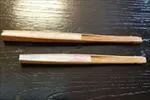 |
| 楊枝(ようじ)& 楊枝差(ようじさし) |
Yoji&Yoji-sashi sweetpick &sweet pickholder |  |